
Geisenheim 318 is a white hybrid grape variety known for its cold resistance, strong disease tolerance, and ability to produce fresh, aromatic wines. With its floral and fruit-forward profile, it’s a versatile grape that works well for both white and rosé styles.
Wines made from Geisenheim 318 are typically crisp and vibrant, often featuring notes of citrus, green apple, and pear. These characteristics make it a great match for a wide range of foods, and perfect for casual, everyday enjoyment. Some versions can also be cellared, developing greater depth and complexity over time.
In this guide, we’ll take a closer look at the grape’s origins, its key traits, how it’s cultivated, and its growing importance worldwide—offering a full picture for both wine lovers and industry professionals.
Geisenheim 318 plays an important role in German winemaking, especially in cooler regions where cold-hardy varieties are essential. Its resistance to disease and adaptability have made it increasingly popular among winemakers looking to grow sustainably and use hybrid-friendly grapes.
Geisenheim 318 was developed in 1957 by the Geisenheim Institute in Rheingau, Germany, as part of a project to create grapes suited to cooler climates. The variety was bred by crossing several species: Vitis Labrusca, Vitis Lincecumii, Vitis Rupestris, and Vitis Vinifera.
The Geisenheim Institute is widely recognized for its groundbreaking work in viticulture, particularly in developing grape varieties with strong disease resistance while preserving high-quality wine characteristics.
Geisenheim 318 reflects this mission—it combines hardiness with the ability to produce fresh, aromatic wines, making it a lasting success of the institute’s hybrid breeding programs.
Geisenheim 318 thrives in Nova Scotia’s cool climate and is ideal for growers looking for a low-maintenance, high-quality hybrid. Here's what it needs:
These basics help growers produce top-quality grapes with great flavor and balance.
Geisenheim 318 is an easy-to-manage, sustainable grape that performs well in cooler climates. It’s a strong choice for both experienced growers and new producers aiming for fresh, food-friendly wines.
Geisenheim 318 is mainly grown in Germany, especially in Rheinland-Pfalz, where the cool climate suits it well. Its adaptability has led to smaller plantings in other cool-climate regions across northern Europe and North America.
Geisenheim 318 gives cool-climate winemakers a sustainable option for producing aromatic whites. Its disease resistance, climate resilience, and flavour potential are helping to reshape perceptions of hybrid grapes in quality wine production.
Geisenheim 318 is a resilient white grape known for its floral aromas, balanced acidity, and strong adaptability to cool climates. It has become a key variety for German winemakers and hybrid grape enthusiasts.
With its role in sustainable viticulture and growing global interest, Geisenheim 318 is a versatile grape that showcases the success of modern hybrid breeding—and is well on its way to becoming a must-have for wine lovers' cellars.
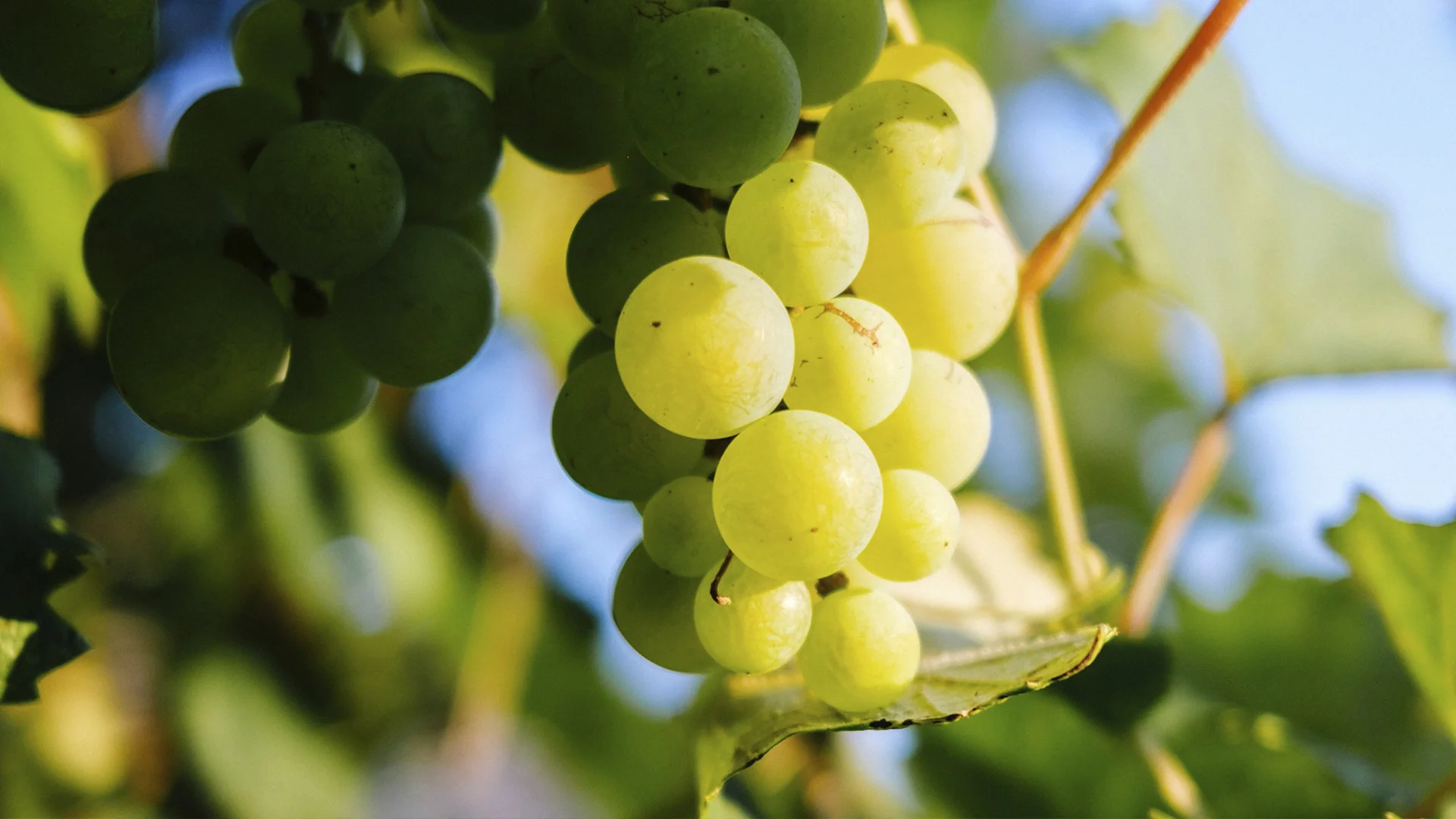
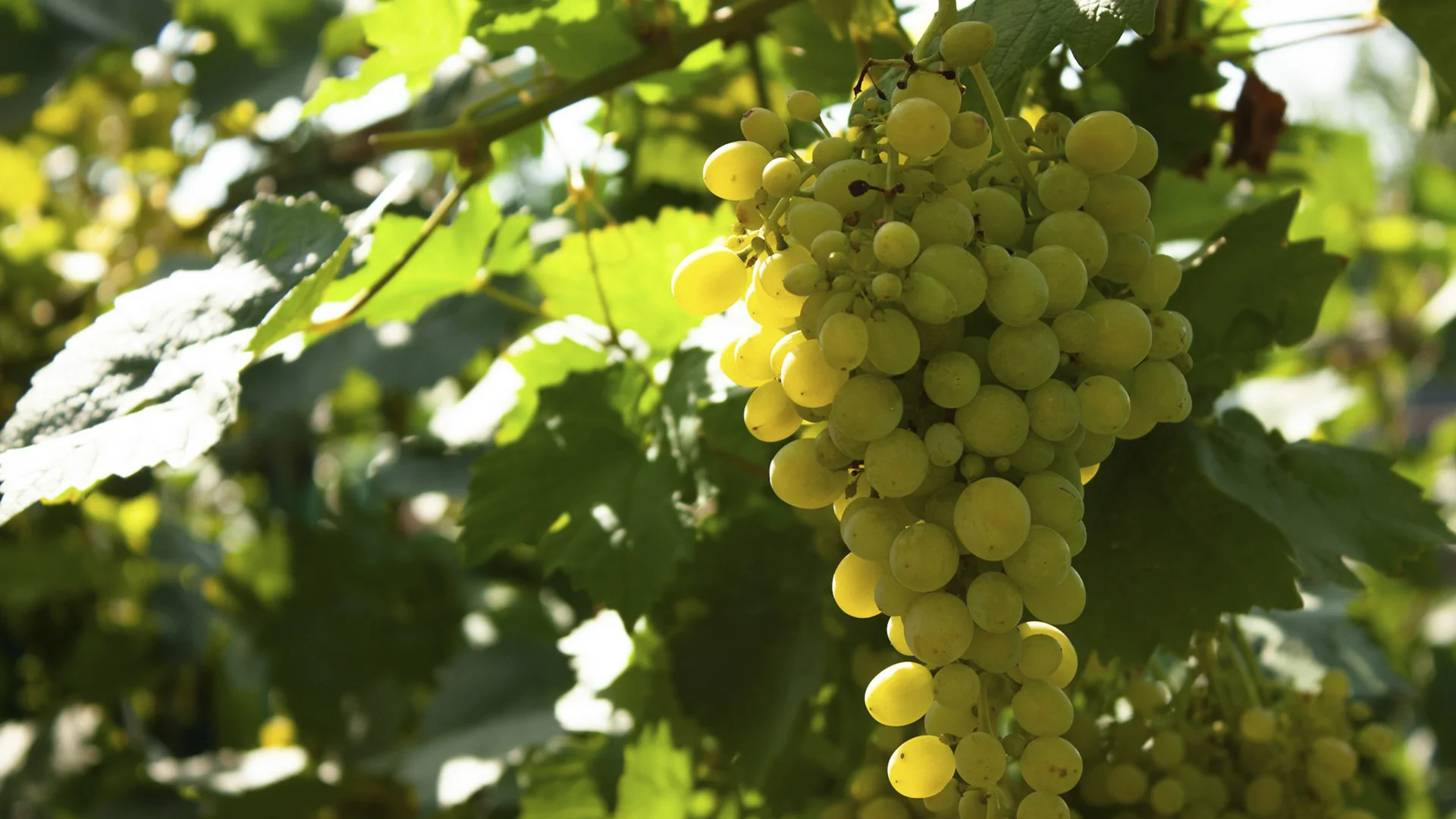
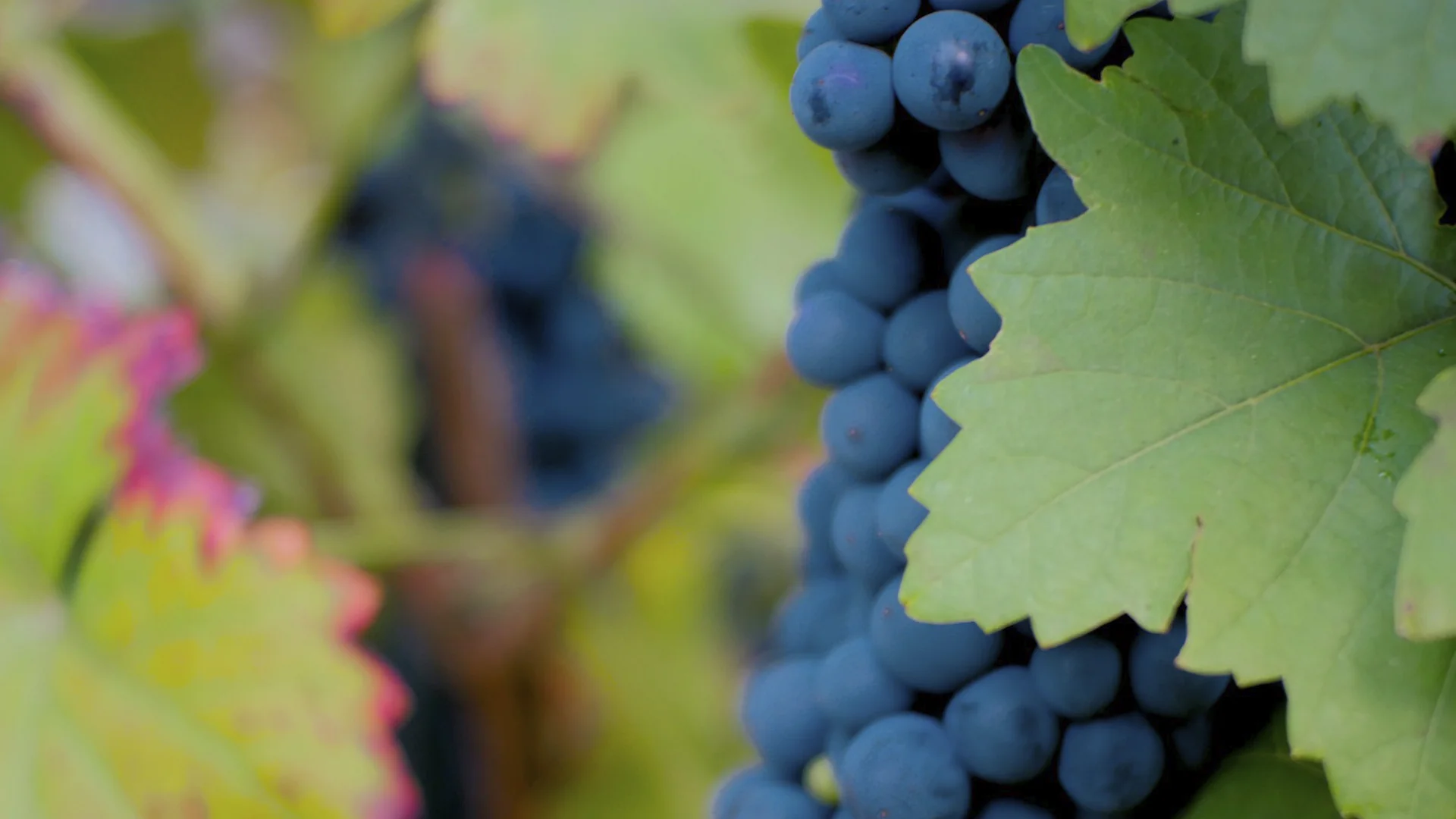
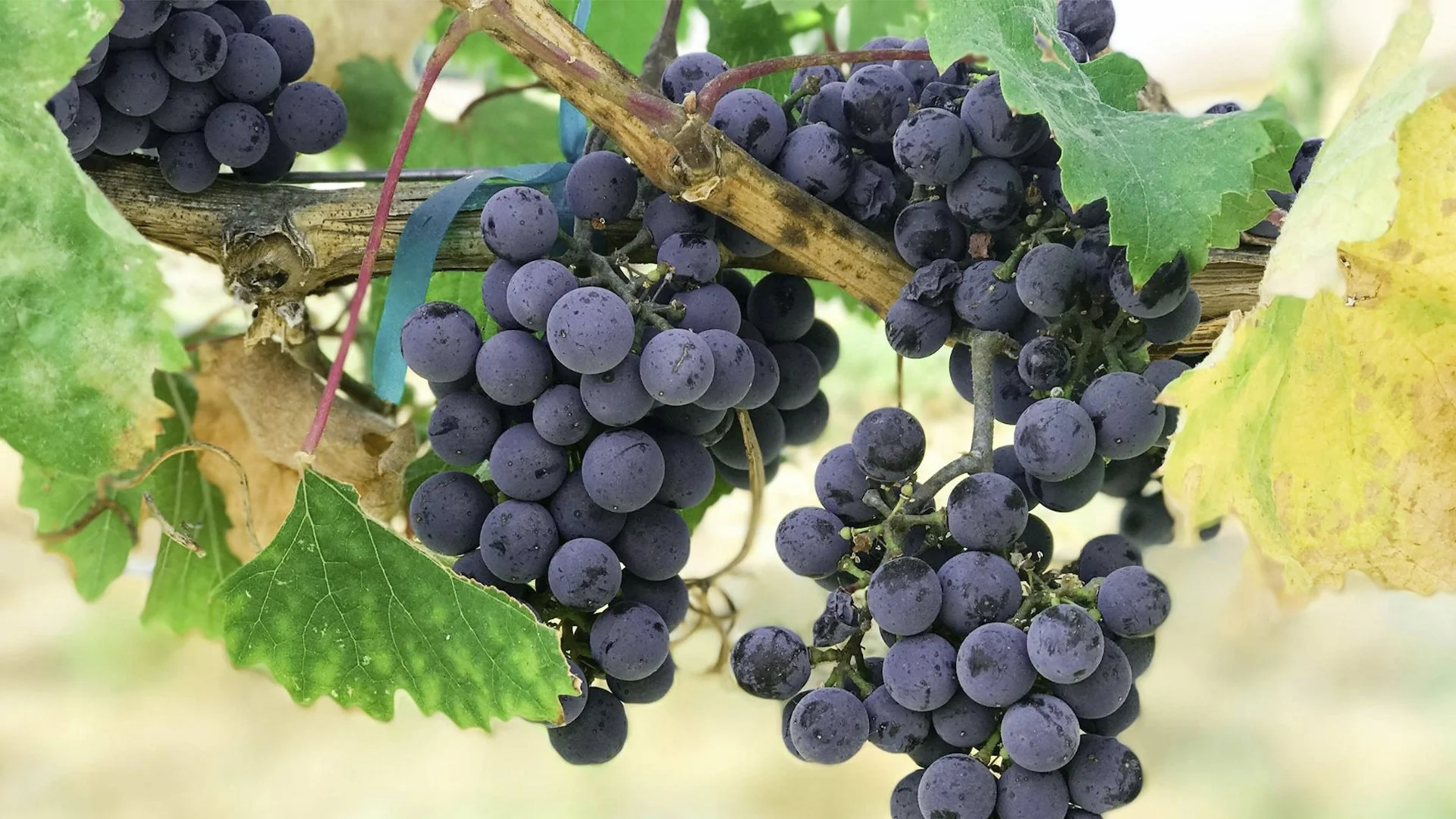
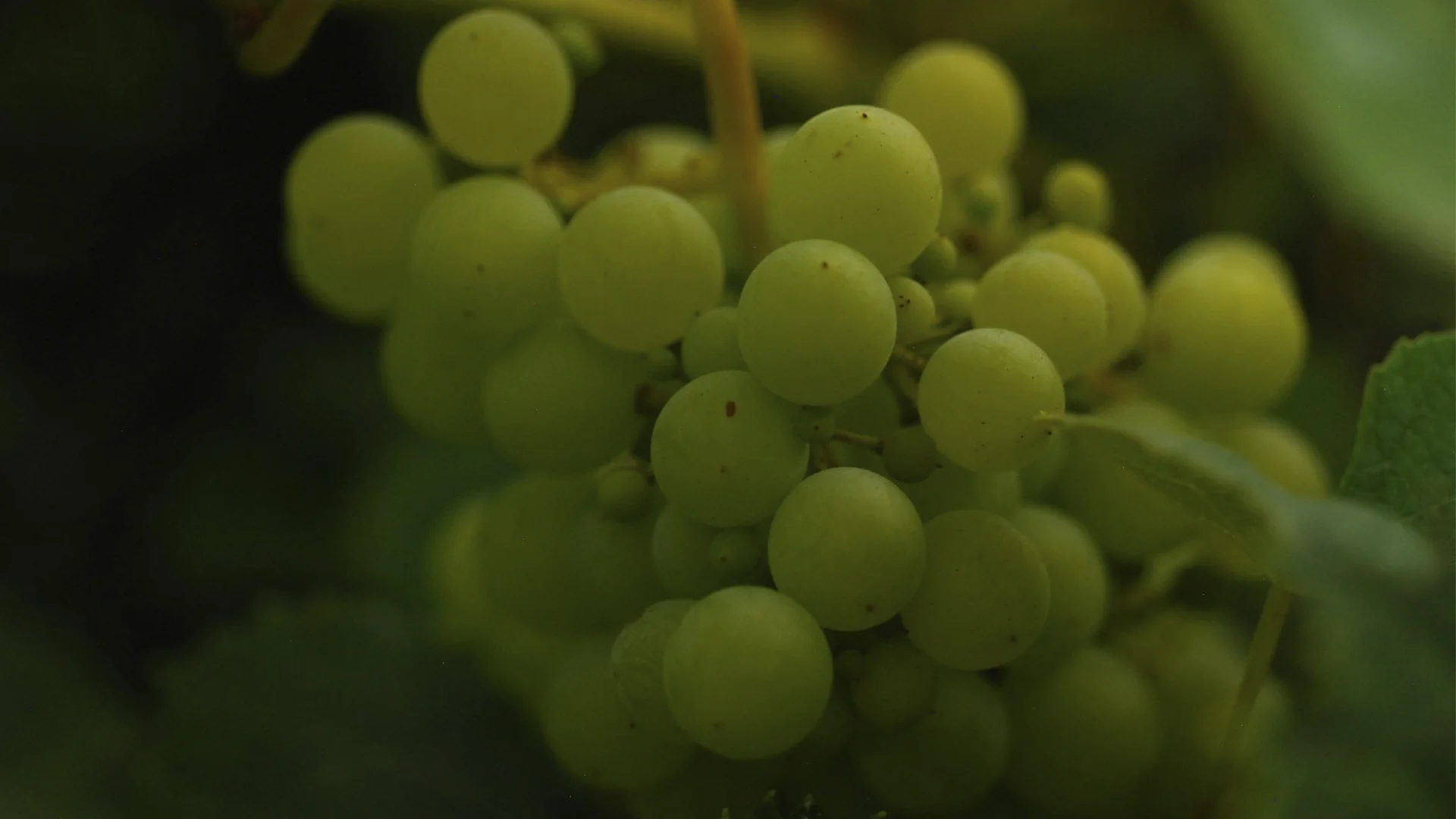
























































































.webp)

.webp)





Are you interested in
collaborating with us?